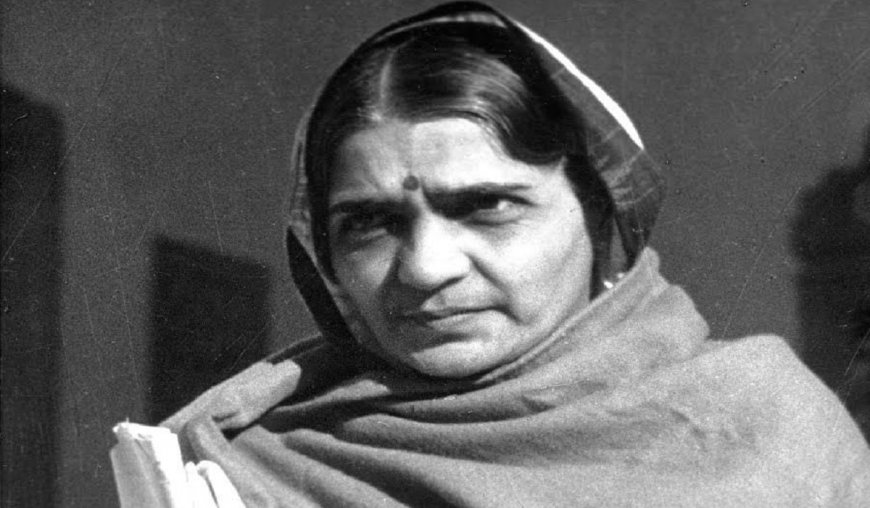Indian Feminist Activist Hansa Mehta Honoured by UNGA For Human Rights: Know All About Her
Hansa Mehta is widely credited for successfully arguing against references to "men" as a synonym for humanity, and succeeded in changing the phrase, "All men are born free and equal" to "All human beings are born free and equal" in Article 1 of the Universal Declaration of Human Rights.

New York: United Nations General Assembly (UNGA) President Dennis Francis, on the occasion of the International Day for Women in Diplomacy, paid tribute to Hansa Mehta, a feminist leader, activist and diplomat from India, highlighting her pivotal role in shaping the Universal Declaration of Human Rights (UDHR) to be more inclusive.
Hansa Mehta is widely credited for successfully arguing against references to “men” as a synonym for humanity, and succeeded in changing the phrase, “All men are born free and equal” to “All human beings are born free and equal” in Article 1 of the Universal Declaration of Human Rights.
The introduction of a more inclusive language in UDHR was an important milestone in the fight for women’s rights and gender equality.
UNGA Underscores Significance Of Gender Equality
During a ceremony, Francis underscored the significance of gender equality in diplomacy, noting that it reflects broader societal progress towards inclusivity and respect for the rights of women and girls. He emphasised the historic contributions of women diplomats who have shattered barriers and enriched multilateralism throughout history.
Talking about Hansa Mehta’s influence, Francis posed a poignant question: “Would the Universal Declaration of Human Rights be truly universal today if Hansa Mehta had not insisted its opening line be changed from “all men” to “all human beings” are born free and equal?” He also reiterated the UN’s commitment to advancing gender equality and empowering women diplomats globally, recognising their indispensable contributions to shaping a more just and inclusive world.
Who Was Hansa Mehta, Honoured by UN
Hansa Mehta was a prominent Indian scholar, educator, social reformer and writer. Born on July 3, 1897, Mehta was a champion of women’s rights.
As the President of All India Women’s Conference (AIWC) in 1946, she led the drafting of the “Indian Women’s Charter of Rights”, which demanded gender equality, civil rights and justice for women in India.
She was also part of the Constituent Assembly that drafted the Indian Constitution, a member of its Advisory Committee and sub-Committee on Fundamental Rights. Many provisions of AIWC’s Charter formed the basis of gender-neutral provisions in the Indian constitution.
At the international level, Mehta played a pioneering role in drafting of the Universal Declaration of Human Rights (UDHR). She was the only other female delegate, apart from Eleanor Roosevelt to the United Nations Commission on Human Rights.
Hansa Mehta was one of only two women delegates working alongside Eleanor Roosevelt in the UN Human Rights Commission 1946-48 ensuring the wording “all human beings” instead of “all men” in the Universal Declaration of Human Rights.
Know All About Hansa Mehta’s Early Life
Hansa Mehta was born in a Jain family on 3 July 1897 and was a daughter of Manubhai Mehta, Dewan of Baroda State, and the granddaughter of Nandshankar Mehta, the author of the first Gujarati novel Karan Ghelo.
Hansa Mehta graduated with Philosophy in 1918 and completed journalism and sociology in England. She met Sarojini Naidu in 1918 and later Mahatma Gandhi in 1922. Notably, she was married to Jivraj Narayan Mehta, an eminent physician and administrator who was the first Chief Minister of Gujarat.
What's Your Reaction?



























































